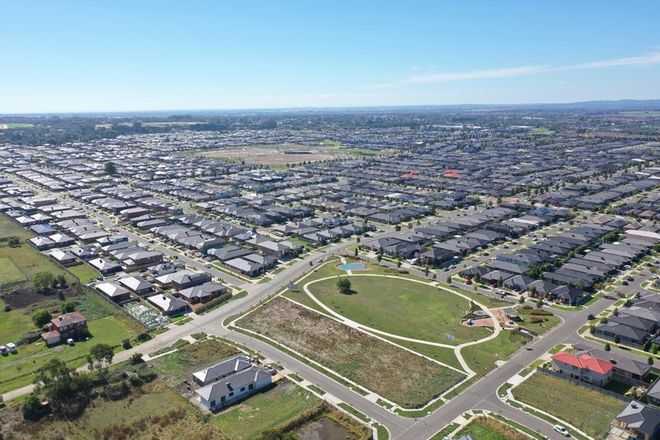Despite being named one of the top three growth areas in Australia in 2020/21 in the latest ABS population figures, City of Casey Council says residents of Cranbourne East are still unable to catch a metro train home.
Residents in Clyde and Clyde North, which is set to be home to more than 157,000 residents by 2041 – rivalling regional centre Bendigo in just two suburbs – are also without access to a rail line and nearby train station, the Council said today.
In addition, the mobile network is so unreliable in these developing suburbs that residents are concerned about being unable to reach emergency services or loved ones in times of need, it said.
City of Casey Chair of Administrators, Noelene Duff PSM said rapid population growth and record levels of car ownership were putting increased pressure on roads and creating even greater demand for public transport options in the City of Casey.
“Located in the Greater South East Melbourne region, the City of Casey is home to more than 380,000 residents and is one of the fastest growing municipalities in the country with its population projected to reach more than 550,000 people by 2041 – equivalent to that of Canberra,” Ms Duff said.
“Residents who were enticed to move to growth suburbs like Cranbourne East, Clyde and Clyde North due to the appeal of somewhat affordable land options are now at their wits end, battling traffic congestion just to head down the road to school or the local shops.”
Ms Duff said investment in critical rail and road infrastructure was needed to support the city’s growing community now and into the future.
“Our city’s big population needs big investment,” she said.
“As one of Australia’s fastest growing regions, Council is calling for transformational transport infrastructure in the lead up to the Federal Election to mitigate growing traffic congestion and safety concerns, improve access to jobs, education and services and stimulate economic recovery for our businesses.”
Ms Duff said that as a member of the Greater South East Melbourne (GSEM) group of councils and the National Growth Areas Alliance (NGAA), Council was committed to working with other levels of government to respond to the challenges faced by residents and deliver key infrastructure projects that the community needs for security, prosperity and continued growth.
“We are hoping to see a big commitment towards critical infrastructure projects in the region as part of the Federal election and the next budget,” she said.
“Given the region’s population and rapid growth, we would like to see the Federal Government revisit the South East Melbourne City Deal and invest in key infrastructure projects.
“Council remains committed to our advocacy work in this space, and we will continue to seek funding for priority road and rail infrastructure projects that will ease congestion, boost jobs and connect our community to employment and services.
“Investing in infrastructure that will ensure a more efficient way to get around our city will create opportunities to attract investment and better enable residents to access new employment, education and recreation opportunities closer to home.”
In the lead-up to the Federal election, Council is seeking support and funding for a range of projects and initiatives that are based on community feedback and Council’s planning.
“We are advocating for a number of key projects that our community believes are most important for the Australian Government to invest in,” Ms Duff said.
“Our advocacy campaign, Connecting Casey, was developed using community feedback and identifies the top three areas the community wants to see more investment in – roads and public transport, local job opportunities, and health services and facilities.”
Council has identified the following priority projects that will drive our advocacy in the lead up to the Federal election this year:
Clyde Rail Link – Council is seeking a commitment to construct the duplicated metro rail extension from Cranbourne to Clyde, including new stations at Cranbourne, Cranbourne East, Casey Fields and Clyde.
Clyde Road Corridor Upgrade – Council is advocating for a safer and upgraded Clyde Road corridor, which it says is the most dangerous and congested north-south connection in Casey. The road has been ranked one of Melbourne’s worst crash hotspots, ranking 8th in the AAMI Crash Index: Australia’s worst crash hotspots revealed – carsales.com.au
Thompsons Road upgrade and extension – Council is calling for the upgrade and extension of Thompsons Road from Berwick-Cranbourne Road, Clyde, to Koo Wee Rup Road, Pakenham, to unlock thousands of potential jobs for the City of Casey and Cardinia Shire.
Digital Connectivity – a 100-gigabit fibre connection to commercial precincts and increased mobile towers and 5G deployment in new estates is necessary to improve digital connectivity for Casey residents and businesses.


